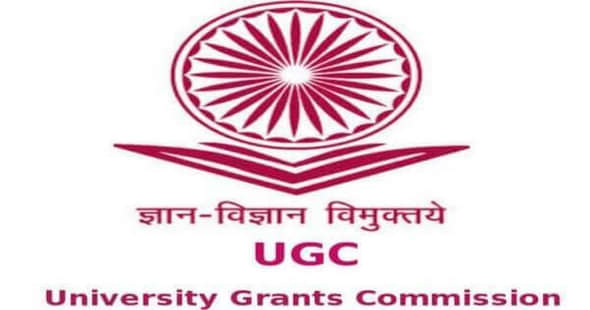
The University Grants Commission (UGC) is set to undergo major changes. Union Minister of Human Resource and Development, Prakash Javadekar has finalised the roadmap to sort out a new system that encourages minimal regulation and less perspective. The plan of the HRD Ministry is to revoke obsolete UGC regulations.
Some of the expected major changes are, categorising institutes based on performance, rewarding the outstanding institutes by converting them into varsities and stopping UGC to fund the institutes which perform below par.
During the Budgetary Session, the government announced restricting of University Grants Commission and freeing up of higher education. Therefore, the government is working consistently to prepare a fast-track plan and implement the same without any long-drawn legislative changes.
Also read: - UGC Directs Universities to Publish Details of Ph.D. Scholars Within Two Months
According to sources, HRD Ministry proposed to introduce a system through which institutes will be classified into three categories. The ministry indicated that the institutes must be classified based on their performance on a range of parameters. The outstanding institutes will be given chance to convert into universities.
The institutes with top-notch performance will be given total autonomy and these institutes can start new courses, fix fees and so on. On the other hand, the institutes with poor performance will be put through a UGC-backed mentoring programme. If these institutes still fail to improve, they will be treated for merger or closure.
Also read: - Know about the UGC Guidelines for 20 World-Class Institutes
Similarly, the institutes, which will be granted autonomy, need not seek approval from the university to start new courses. These institutes will have the power to award degrees. The government’s plan is to transform top performing institutes into universities.
Apart from autonomy, the HRD ministry also proposed to bring changes in accountability. Clear quality benchmarks and learning outcomes will be identified. The proposal also indicates mandatory Aadhaar seeding into the faculty database. The move will regulate bogus faculty. The institutes that submit fraudulent data will be penalised.


 Follow us
Follow us













